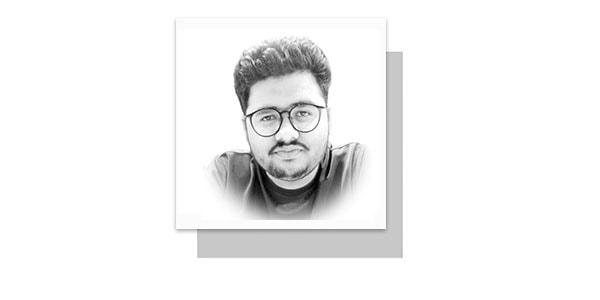INDIA, once a symbol of diversity and inclusivity, has become increasingly polarized, economically unequal and religiously divided, especially under Prime Minister Modi’s leadership. His tenure has been marked by heightened discrimination and hate speech targeting the Muslim community, aimed at galvanizing support from extremist Hindus, particularly in Northern India.
Before 2014, the Indian National Congress dominated the political landscape, championing non-violence, secularism and minority rights. Despite its large Muslim population (14%), India largely functioned peacefully. However, with the rise of the BJP and its political ideology, Hindutva—an exclusionary, anti-Muslim stance—the situation began to shift. The BJP’s involvement in controversial events like the 1992 Babri Masjid riots, which led to thousands of deaths, deepened religious divides.
Hindutva, as defined by Vinayak Savarkar, is not aligned with Hinduism’s inclusive principles but instead advocates for exclusion and the suppression of non-Hindus. Under BJP’s rule, Muslims have faced persecution, including lynching by cow vigilantes, often facilitated by police. PM Modi has remained silent on these incidents, further emboldening radical elements.
Politically, the BJP has marginalized Muslims, with no Muslim representation in its party or government. Despite making up 14% of the population, Muslims hold just 25 seats in Parliament out of 543, and none at the ministerial level. This exclusion is further compounded by systemic under representation in the judiciary, civil services and military, where their presence is minimal.
BJP’s efforts to erase Muslim heritage have included targeting religious sites, such as the Babri Masjid, and pursuing archaeological surveys to justify the demolition of mosques, despite independent refutations. These actions have sparked violence, exacerbating the Hindu-Muslim divide, which dates back to the violent partition of 1947.
The situation is particularly dire in Jammu and Kashmir, where the abrogation of Article 370 in 2019 stripped the region of its special status, undermining the autonomy of Kashmiris. The imposition of curfews and the resettlement of non-Kashmiris have further alienated the Muslim population.
The BJP-RSS ideology, rooted in hatred and exclusivity, poses a threat to India’s future. The treatment of Muslims, both in the heartland and in peripheral areas like Kashmir, reflects a broader pattern of marginalization and discrimination. As the BJP continues to fuel Hindu-Muslim rivalry for political gain, it risks further fracturing India’s unity and undermining the principles of democracy and secularism.
In conclusion, the BJP-RSS agenda of political polarization, religious exclusion and the subjugation of Indian Muslims threatens the integrity of the world’s largest democracy. As long as India continues down this path, it risks sacrificing its founding values of diversity, inclusion and secularism.
—The writer is an academic and foreign policy expert.
(sheralibukhari5@gmail.com)










